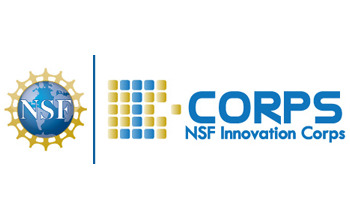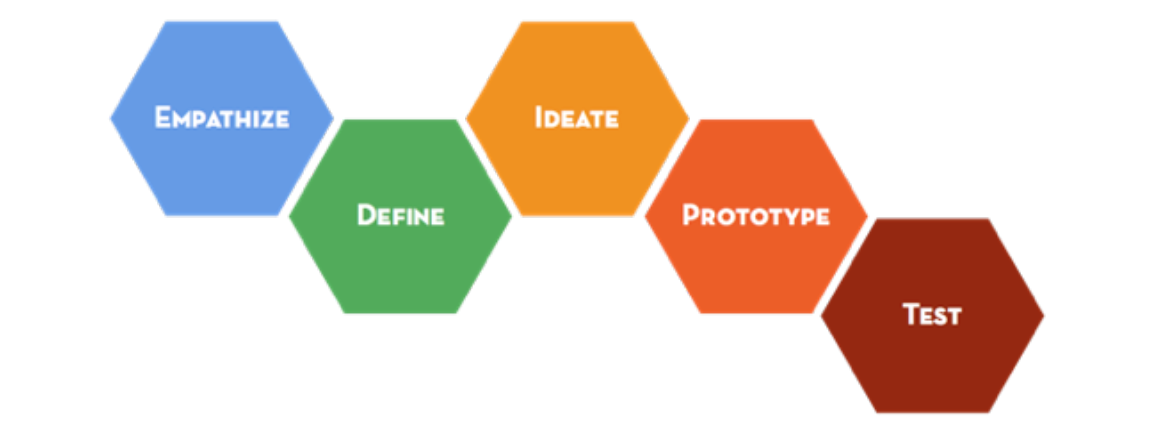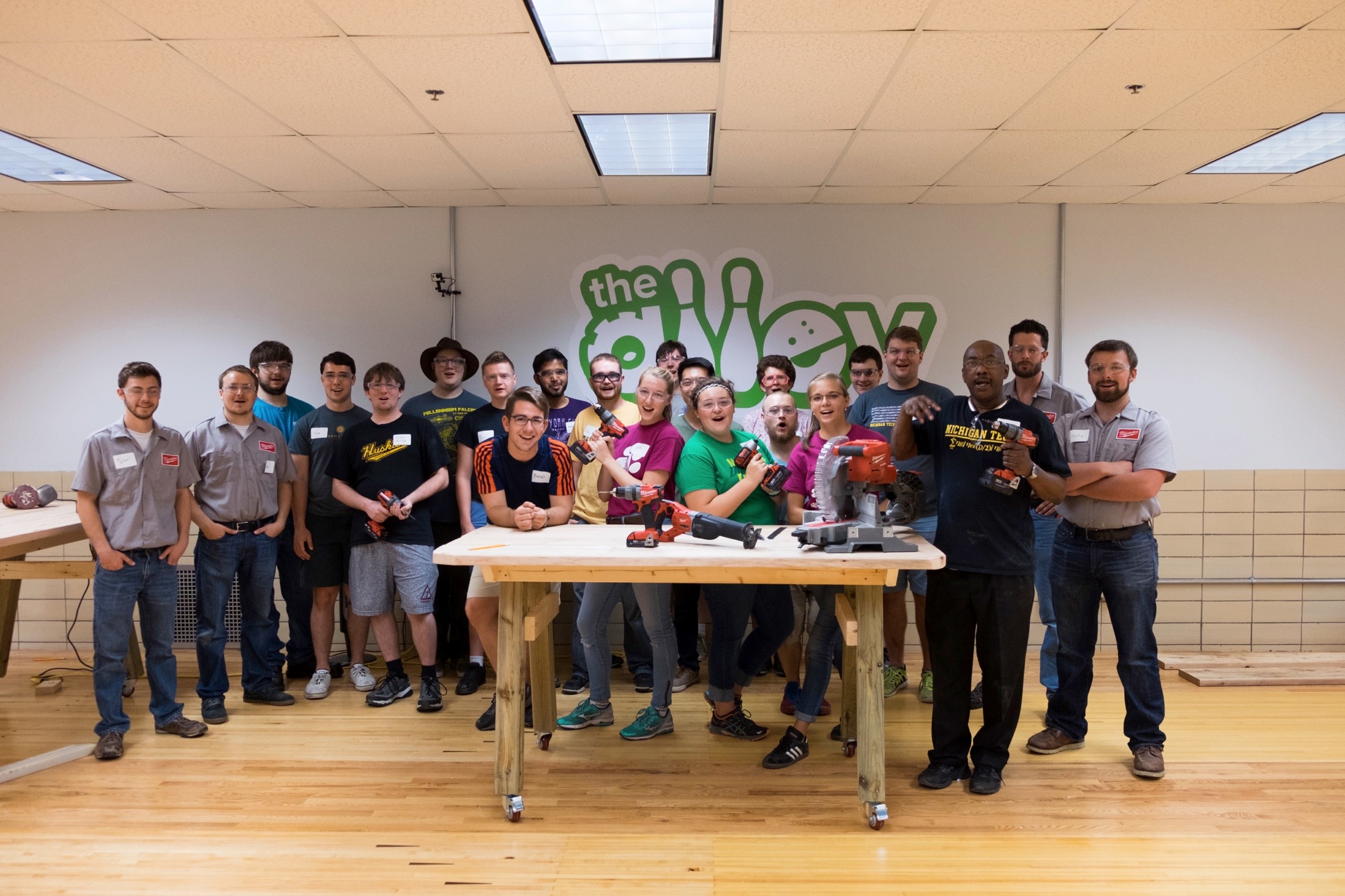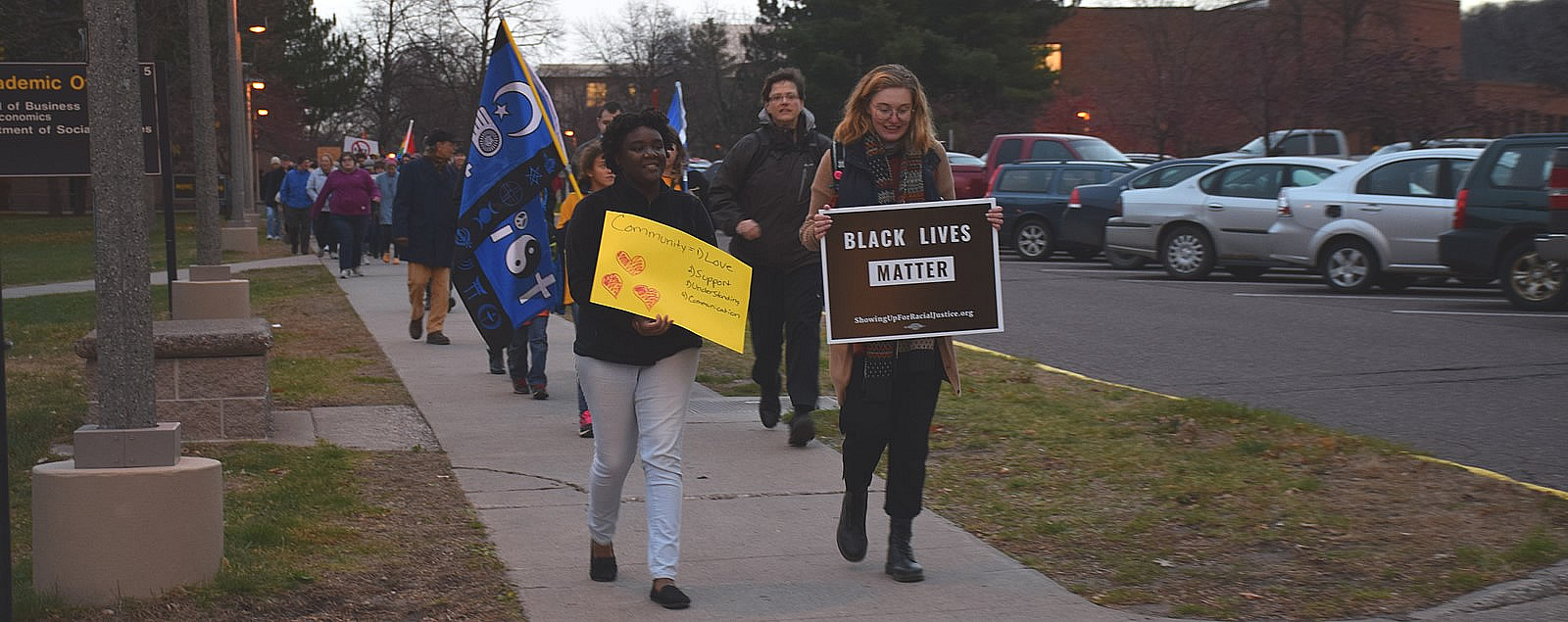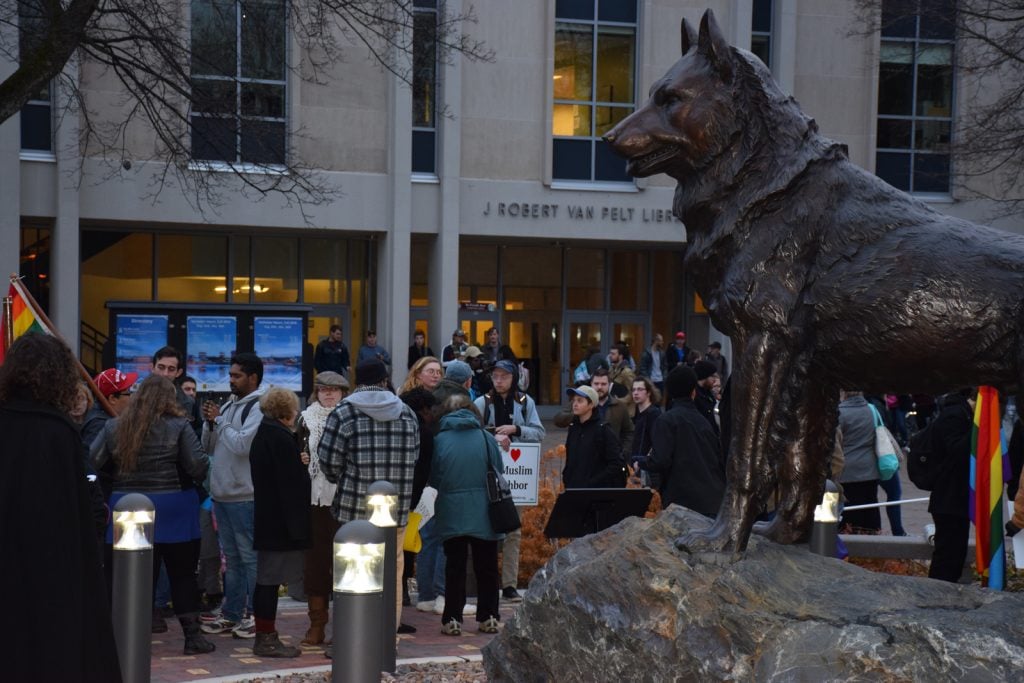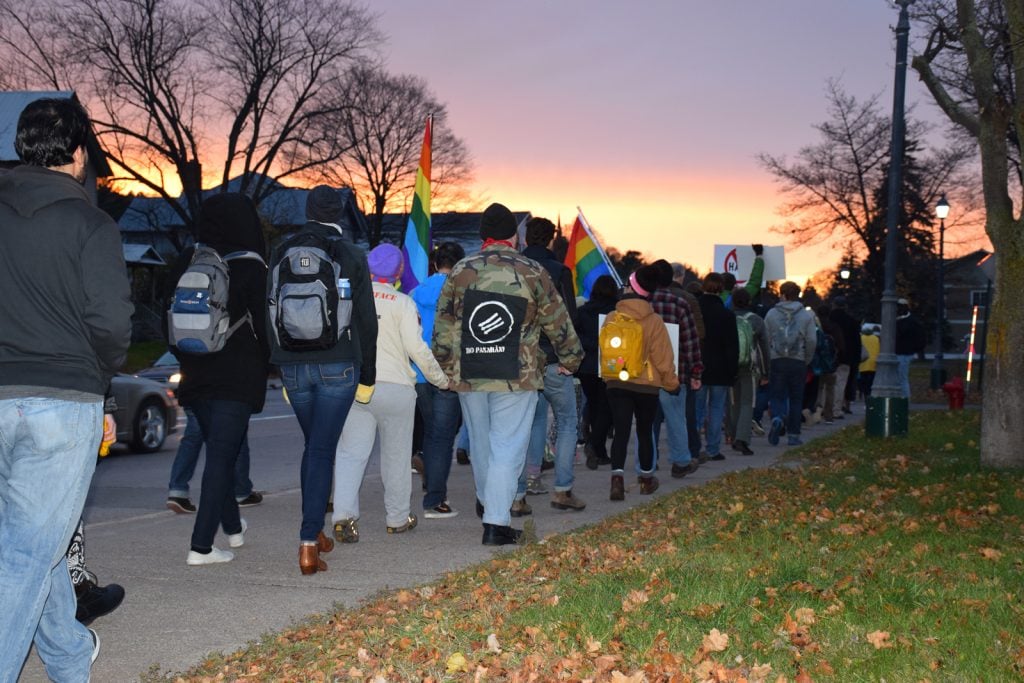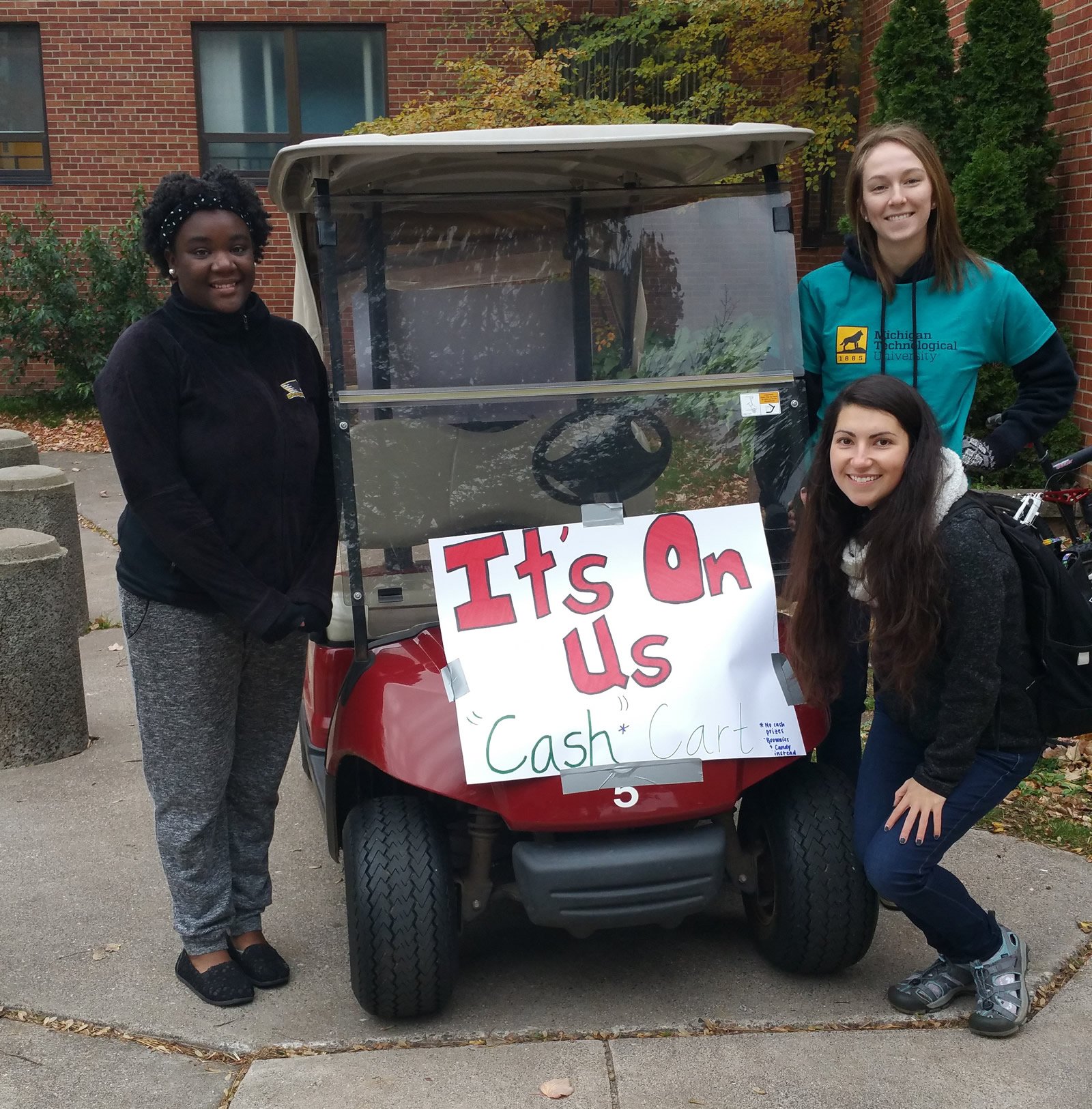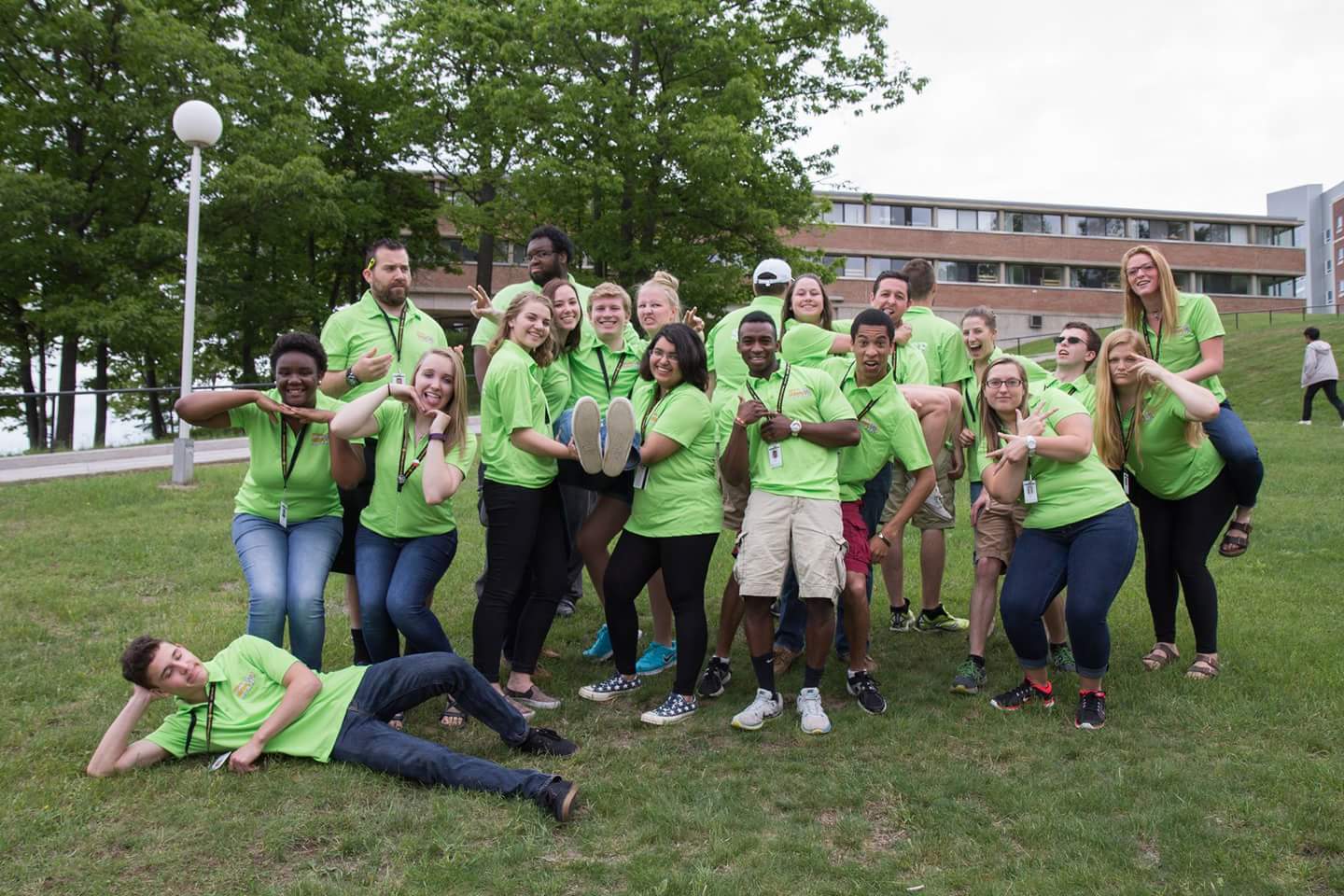The National Council of Entrepreneurial Tech Transfer (NCET2) has developed a new University Entrepreneur Congressional Intern Program to start in the Summer of 2017. This eight-week program places exceptional university and college students in Senate and House offices to work on issues dealing with entrepreneurship and startups. The Program also includes meetings with senior federal administration officials, serial entrepreneurs, startups, venture capitalists, angel investors, and corporate venture groups to increase the student’s professional network during the internship and after, when they return to campus to share their experiences and networks with students, researchers, faculty and alumni. In the long term, it is expected that these students will provide entrepreneurship leadership in public service, academia, and the private sector throughout their careers.
More information about the program can be found at ncet2.org/interns. The deadline to apply is January 30, 2017.

